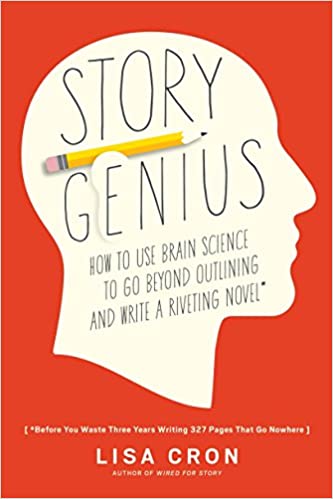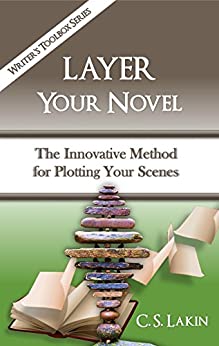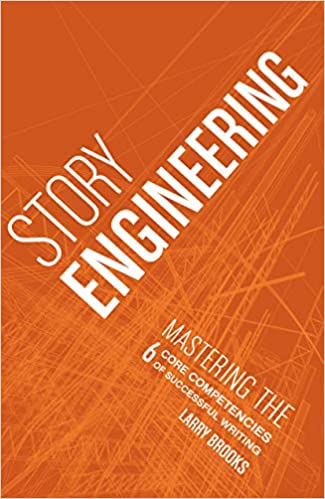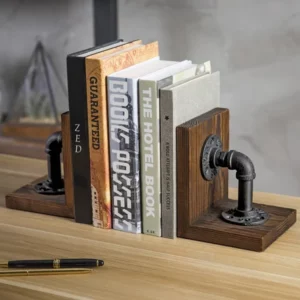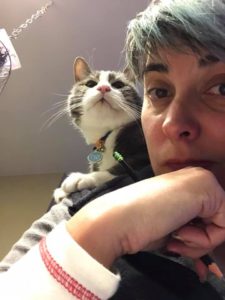If you are a returning reader of my blogs, you may be aware of my aversion to “pantsing” (that’s writing a story without an outline or a plan).
DISCLAIMER: I know several pantsers who successfully put together a story and it works for them. However, they have also had years of practice and have probably done my theme for this: research.
As a former self-proclaimed pantser, I have to say that I have too-often seen beginner writers fall into this trap. They have limited time but MUST get their story out. So they call themselves pansters. Yet, they are doing themselves a disservice.
In my own journey, my stubbornness to not outline or plot anything was the biggest mistake of my career. It was the single-most thing that hurt my growth as a writer. It is the reason I’m rewriting Anamanesis yet again.
(Conversely, after this realization, my next novel In Memoriam came out much cleaner and has already had more positive feedback from editors than Anamnesis ever had. Who knew taking our own advice actually worked?)
Anyway, enough about me. What does it mean to “do research” before starting your novel? Keep reading to find out!
The Problem
Jo Beginner has never written anything before but they always have cool ideas. Finally they decide to turn one idea into a bonafide story–they have a main character (probably based off them, or who they want to be), a world setting inspired by their current favorite fandom, and an idea for a really cool scene. Maybe they even have an antagonist or a challenge the MC will have to surmount, some side characters and a few really cool things to intersperse for flavor.
Now, Jo sits down to write their scene. Well, eventually, after 5k or 50k words, their inspiration dries up. They find themselves staring at a bunch of typed words, a blinking cursor, and the white space beyond–white space as vast as a shark infested ocean. It’s too big too cross and too dangerous even to try.
So, Jo closes their document, puts the story out of their head, and walks away. “I’m not really a writer,” they think, “Just a person with good ideas.” However, sometime later–be it months or years–they have another great idea–of their first idea just won’t leave them alone. They feel driven, compelled by some unseen force, to put pen to paper (or fingers to keys) once more. There’s just one problem–they still don’t know any more than they did before.
My Thoughts
Jo is a writer, but Jo doesn’t know how to write. Now you may be saying, “Wait–How can someone be a writer and not know how to write?” Okay, fine. Maybe they’re a storyteller…but whatever, the label isn’t important. What is important is that Jo has probably never read a book on writing, or a blog post, or watched a vlog, or taken a course. They think “well I am an avid reader, have great grammar, and can come up with cool words, so that must be all I need.”
Not so, Jo!
One of my biggest revelations as I continued forward on my journey to becoming an author was that I didn’t know how to write.
“But Lyndsie, you’ve been writing for more than 20 years and your stuff is pretty good. Of course you know how to write. You’re being too hard on yourself.”
No. This is not actually a cry for validation or a self-confidence issue. This is me realizing I’ve have never had any formal or informal writing training. Sure, there was that creative writing class in high school. And I took the requisite 2 writing classes in college–that everyone takes. And yes, I was definitely a better writer than many in those classes. But not because I necessarily knew more. Sure, I could put ideas together more coherently and had a good memory for grammar but that was the extent of it.
Reading extensively as a child had given ingrained grammar, spelling, and a huge vocabulary in me. But it never really told me how to write a story from start to finish.
I mean, I never knew there were 10 different ways to outline a story. Did you?
Or, did you know there were right and wrong ways to describe (or not) your characters?
Okay, I’m gonna be blunt here: if you are committed to finishing your story/novel/comic or whatever, you really need to learn a little about how to write. Not only will this give you strategies to help get you all the way to the end, but it will also make your finished content a higher quality. Higher quality first drafts (no matter how “shit” you think they are) will be easier to revise and not require massive rewrites.
Okay, not that I’ve scared you pantsingless (haha, see what I did there?), let me break it down.
5 Research Tips for Beginning Writers
1. You don’t have to know everything there is to know about writing before starting your novel. Obviously you’re not going to become a genius writer overnight. However, when you’re first starting out, check out “Writing 101” videos or “How to finish a novel” blogs. Maybe you want to learn about the different ways to outline and try one (or three, depending on how dedicated you are to creating an outline). At the very least, learn the major components of a story and how to diagram it. This will continually give you content to write about, and help you find the path when you lose inspiration.
2. Many pieces of writing advice are subjective. As much as I enjoy Jenna Moreci and other author vloggers, I also realize that much of their advice is based on their own opinions and preferences. In the vid above, Jenna likes character description whereas I had one editor who discouraged even as little as 1 sentence of it. So, listen to several viewpoints and then decide what works best for you. It’s your story, after all.
3. You don’t know everything there is to know about grammar. I promise you. You may think you have pretty perfect grammar and writing mechanics. Well, you don’t. I can guarantee things you thought were grammar law have changed (or you know them wrong). Additionally, there are rules for writing creatively that, while grammatically accurate, are discouraged. (For instance, passive sentences and copula spiders. Check out the blog Friday Fundamentals: Copula Spiders and corresponding book for more information).

4. If reading books aren’t your thing, you can find blogs, videos or even podcasts that break down the writing process into digestible morsels. I am one who struggles through a whole book about a topic. First of all, I am impatient and want to get writing! Secondly, there’s too much information in a whole book for me to process at one time (ironically, I am a writer who had poor reading comprehension, crazy huh?). But 1,000 word blogs or 15 minute videos on a specific topic have been immensely helpful. I also find writer podcasts like Create If Writing or Mythcreants to be great inspiration while I’m driving or doing visual tasks like housecleaning or drawing. Luckily for us, in this day and age, technology has made educating ourselves that much easier! So get out there and start learnin’!
5. Most importantly: Keep Learnin’. So you prepare a little bit with some outline and worldbuilding basics. Then you get to writing. Well, you’re not done yet! Keep following writing tips and tricks (subscribe to your favorite vloggers, get newsletter updates from bloggers, put that podcast in your general rotation) because it will only improve your writing. My suggestion is to make yourself a 15-30 minute commitment per week to learn something new about writing. I promise you, it’ll help!
Bonus tip: Get a physical notebook. There is something about writing down ideas or your favorite tips by hand. While my reading comprehension is shite, I will say I remember everything I write. (Yes, I rhymed on purpose there. Aren’t I great?). The physical act of writing has been proven to cause information retention better than passively reading or even typing. So if you find something that you really want to remember, get scribbling! Sometimes you’ll find you never have to refer to it again because it’s now burned into your brain.
The Takeaway
Now you’re probably wondering, where does my hatin’ on pantsing come into play here? Well, first of all, it’s not “hatin’ on pantsing”. Like I said, it could work for you. But it’ll only work well for you if you first understand what else is out there in the writing strategy world.
And seriously, there are other ways to write a novel than shitting out vast quantities of words. And these ways are equally as valid. So, even though you may not wow your friends with your extreme word count, when your story is finished your friends will be wowed in an even better way–they’ll love your story.
That’s the point, right? You want to create something that will draw people in–and keep them there for the entire ride. That means producing quality content. And quality content doesn’t come from the writers innate “talent”. It comes from the hard work and time they put into the practice–just as an artist or a musician repeats the same steps over and over until they improve. As a writer, much of our “practice” comes from absorbing knowledge on mechanics and theory, then developing our own style.
And one last point–NO EXCUSES! My biggest pet peeve is when people say “I can’t outline for X, Y or Z reason” or “I can’t write women because I don’t understand them” yet they haven’t done enough research on the topic. So before you say “you can’t X” –go out there and look it up. Check out different viewpoints.
You might surprise yourself.
And, if you are the type who likes to learn a bunch before beginning, here are a few two great books that you may find helpful.
Happy writing!

